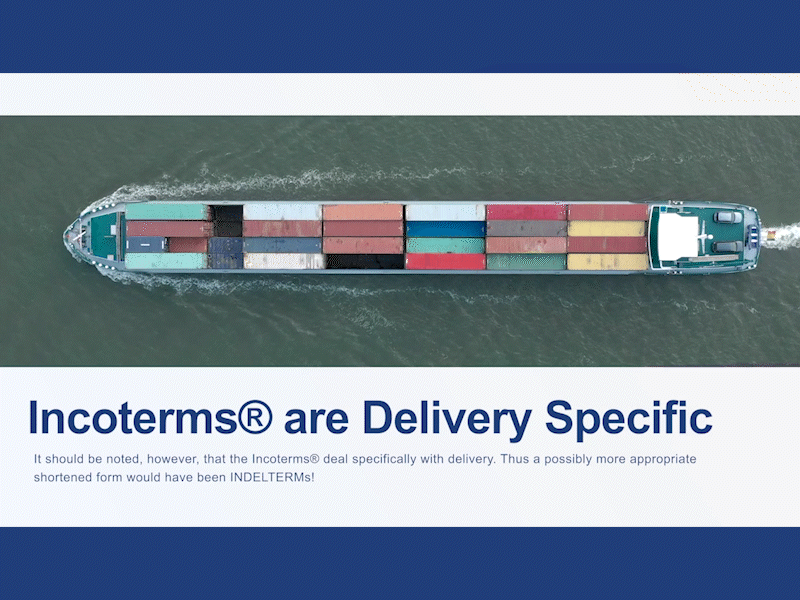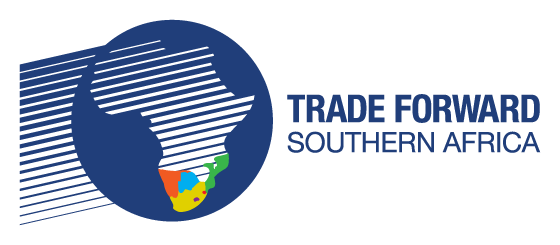Course 2: International Marketing
Module 2: International Sales Negotiation
Module Rating
Module 2 of 2
~35 minutes
3 Topics
Multiple Assessments

This is the second free module of a comprehensive course covering international Marketing. In this module, we will acquaint you with the intricacies of the international sales negotiation process. We emphasise the significance of thorough pre-negotiation research and underscore the essential role that concession planning plays in international sales negotiations. The module then delves into the art of conducting pre-negotiation research by examining the factors that shape buying decisions, uncovering the motivations behind a buyer’s interest in your product, and scrutinising competitors to inform your concession strategy. Furthermore, we shed light on the pivotal role of culture in international sales negotiations and elucidate why all these elements are fundamental components in the construction of a comprehensive international sales negotiation plan. Click the icon below to get started on this free module.
Who is this Module for?
Businesses & Organisations
Looking to potentially expand their products into foreign markets
Governmental Organisations
That help facilitate or consult businesses on international trade
Entrepreneurs & Individuals
looking to start trading in foreign markets
Trade Consultants
Looking to stay up-to-date with most current export information
Individuals & Students
Who want to learn more about the export landscape, particularly in the Southern African region
This learning module provides a comprehensive overview of international sales negotiations, where buyers and sellers (importers and exporters) are the primary actors. However, negotiations in this context can also involve agents and other third parties, either directly or indirectly. The module emphasises that international sales negotiations typically commence in a state of contention, with each party initially advocating for different positions. Progression in negotiations leads to a state of conclusion when both parties agree on the terms of the international sales contract that are mutually advantageous.
In essence, buyers aim to secure goods in a manner that benefits their importing business, while sellers seek to sell their products under conditions that favor their exporting endeavors. The actual conclusion of an agreement occurs only when both the buyer and seller perceive the terms as mutually beneficial. This is vital to your overall understanding of the negotiation process. Furthermore, the module breaks down the sales negotiation process into three distinct stages, providing learners with a structured framework to navigate these intricate negotiations successfully.
In the following topic, we delve into a crucial aspect of international sales negotiations: assessing the maximum concessions deemed suitable for a specific negotiation scenario. A fundamental component of this process is gaining a deep understanding of the factors that significantly impact buying decisions. The module highlights that these influential factors can be categorised into three key areas: product-related factors, price-related factors, and performance-related factors. Participants will gain valuable insights into how each of these categories plays a pivotal role in shaping negotiations, equipping them with the knowledge and strategies needed to excel in international sales negotiations.
In the last topics we explore vital strategies for achieving success in international sales negotiations. Participants will discover that researching buyer alternatives, understanding the motivations behind buyer interest, and meticulous concession planning are all pivotal in securing favorable outcomes in negotiations.
However, an equally significant aspect of international sales negotiations is the profound influence of culture. The module highlights how cultural factors can vary significantly from one country to another, affecting three crucial dimensions of negotiations. By mastering these cultural insights alongside essential negotiation strategies, participants will be well-prepared to navigate the complexities of international sales negotiations with confidence and competence.
Understanding the export landscape can be a daunting challenge, for many the starting point is unclear and the way forward clouded by misinformation and dated sources. With this course, we break down and simplify the most basic and essential topics for international marketing with the most up-to-date and relevant information. Presented in high-definition video, with each topic ending in assessment to ensure the lesson is properly retained.
This free module is part of a comprehensive course and is the most important source of information you need to understand the export landscape. An understanding that is essential to any growing business or industry where the potential for international trade is high. Completing this free module is the second major brick in your foundational knowledge of international marketing and will form an essential part of your understanding of exports going forward. It is also the perfect segway into our next course covering international cargo movements.
Topic 1: An introduction to the international sales negotiation process
Topic 2: Factors to consider when conducting pre-negotiation research
Topic 3: How culture influences sales negotiations, constructing your negotiation plan and progressing through the negotiation process
This is the second module in a series of two to form a comprehensive course covering International Marketing. Every course and subsequent module has been developed and curated by the International Trade Institute of Southern Africa and Trade Forward Southern Africa. The entire training course is free of charge and can be completed by individuals and organisations alike. This module and subsequent course lays an essential foundation for trade internationally. If you know anyone that would be interested, share this module with them using the link below. We would also love your feedback, so drop us a review once you have completed the module.
Export foundation training
In this module we will be exploring the categories of country development and their relevance to International Trade. We will be covering why countries trade with each other and what goods get traded. We also present a case for free trade, barriers to trade and why they matter. This module also covers the importance and impact of specific global bodies on world trade, which are essential avenues for successful exports. To round off the module we will break down the changing exports landscape through the use of regional trading blocs and relevant trade agreements.






